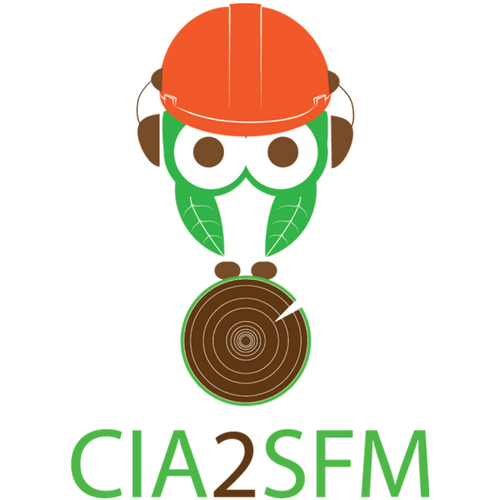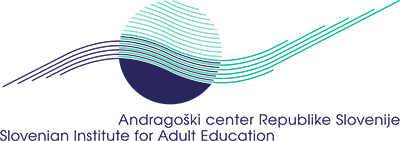a/a
CIA2SFM

| Project | Cooperation for innovative approach in sustainable forest management training – CIA2SFM |
| Time period | September 2015 – August 2018 |
| Programme | Erasmus+, KA2 |
| Partners | Croatian Forestry Research Institute – CFRI (coordinator) Slovenian Institute for Adult Education – SIAE, Austrian Research Centre for Forest – BFW, Slovenian Forestry Institute – SFI, Institute for Development and International Relations – IRMO, University of Natural Resouces and Life Sciences – BOKU, Vienna, and Slovenian Forest Service – SFS |
| Contact | Dr Nevenka Bogataj T: +386 1 5842 579 E: nevenka.bogataj@acs.si |
AIM
- Overview of educational practices in the field of sustainability.
- Sustainable management of resources (shown on case study of forest management).
- Introduction of new target publics.
- Educational programme.
OBJECTIVES
Research of good practices in each of the partner countries serves as the foundation for development of new educational programmes. This is the basis for proposed methodology, curriculum, e-learning platform and simple manual for platform use. The pilot version was systematically evaluated to ensure the e-classroom and other materials can be directly implemented in each country.
DESCRIPTION
We collaborate on this project with our neighbours from Austria and Croatia. Based on the research of good educational practices – among which are also our study circles – we developed an innovative educational programme on sustainable management of natural resources.
Read more
The programme includes an e-classroom, learning materials and a manual and uses the forest as the object of study as the most complex and abundant natural resource. The educational programme is still in the testing phase and will be implemented by the SIAE in collaboration with one of the Slovenian partners, the Slovenian Forestry Institute. The programme will be attended by study circle mentors.
This pioneer work is not only useful for new target groups in adult education but also as an environment and model of preparation of new programmes, for example a programme on adaptation to changes (e.g. climate change). The maintenance of the website is guaranteed, which will save us money in the long-term, and we also established collaboration with new nearby partners.
For Slovenia, the existing reference points are our study circles, but we will have to develop a connection with sustainable development and its key element – management of resources – after the end of this project, which promoted inter-sectoral connections and will lead to international results.
KEY ACHIEVEMENTS
The key achievements can be categorised into groups:
- Educational programme;
- E-classroom;
- Promotional events.

